En cours
A Venir
Billetterie
Collections en ligne
Actualités
Boutique
Restaurants et privatisation
05.10.2023
A Predetermined Vocation
Born in Saint Petersburg in 1904, Racoff grew up in Tomsk, a Siberian city, which he left during the Russian Revolution in 1918. His long exile first took him to Harbin, a Chinese city nicknamed the ‘Moscow of China,’ where he encountered a theater decorator who introduced him to painting. Although he studied law, he simultaneously pursued art history. It was during this time that he discovered Russian, Italian, Flemish, German, and French primitive artists, sparking his vocation as a painter.
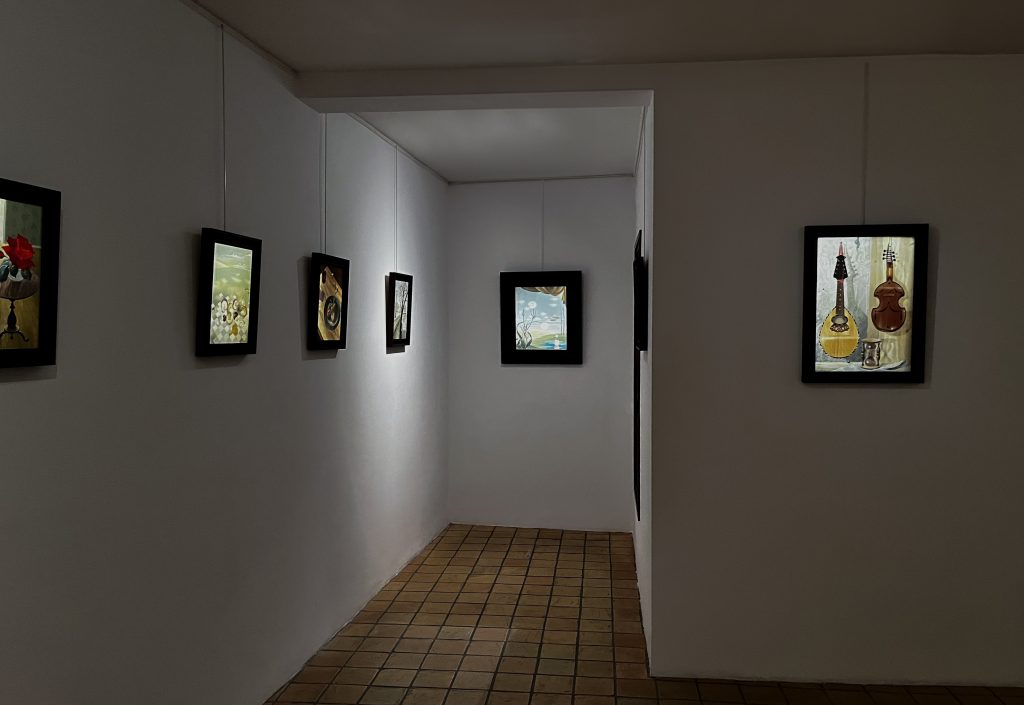
The Parisian Success
Racoff eventually landed in Paris in the 1920s, the famous bohemian era when a significant Russian community formed in the capital. However, success did not come immediately, and he had to work on the side to make a living, initially as an illustrator and later as a framer. He always paid special attention to the framing of his works.
Over time, the Russian artist became increasingly Parisian. Wandering through the city, he immersed himself in its atmosphere and delved passionately into its historical past. He also managed to gather considerable documentation on Old Paris and its street views, becoming the pride of his library and a formidable tool for his work. In 1946, the Parisian Vendôme gallery organized his first exhibition, which was a resounding success. Feeling encouraged, Racoff devoted himself exclusively to painting. He met Dina Vierny in the early 1950s, who urged him to remove characters from his works and organized his first exhibition in her gallery in 1952. All the paintings were sold within days. The gallery subsequently organized four more exhibitions, showcasing his work in France and abroad. Before this first exhibition, the artist still doubted his abilities, and Dina Vierny recounted that at the beginning of their collaboration, Racoff sometimes hesitated to enter the gallery to deliver his works.
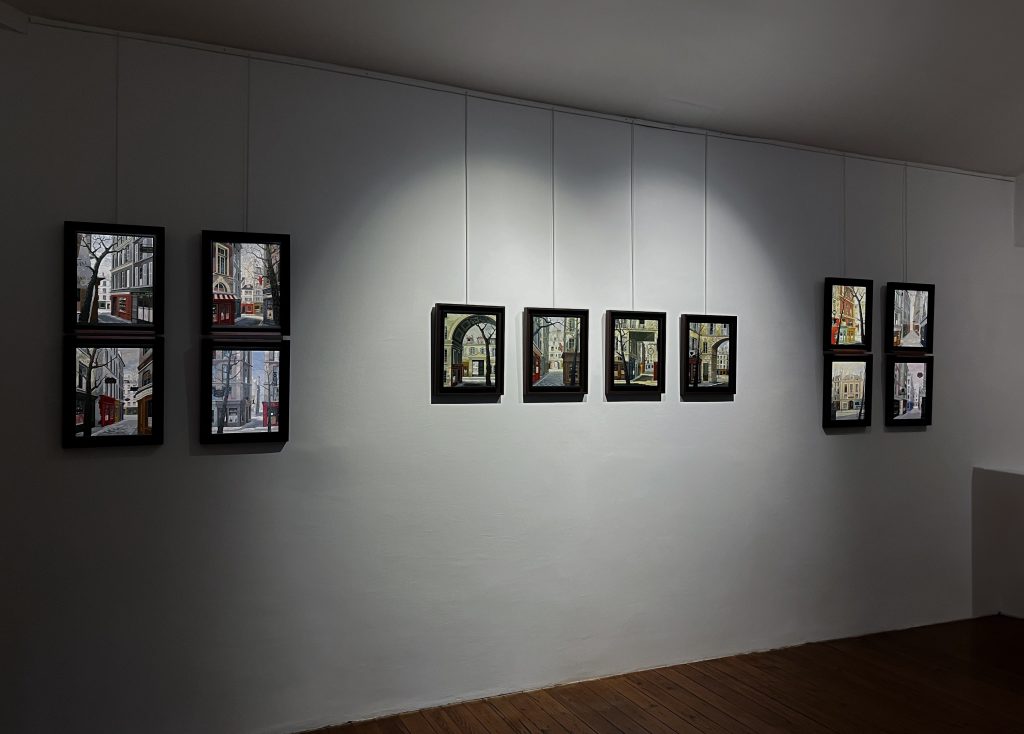
A Poetic and Mysterious Painter
Rakoff’s painting can be described as intimate, strange, and silent, infused with mysticism and a certain melancholy. His work is divided into several categories: urban landscapes, still life, and trompe-l’oeil. All are of incredible quality and precision, sometimes reminiscent of the German New Objectivity of the 1920s or the urban landscapes of the Dutch 17th century. A poetic and mysterious character emerges from his depopulated urban landscapes, while his still lifes sometimes flirt with a universe that blends surrealism and naive painting. It’s an uninhabited and past world, made of memories, as if the hustle and bustle of life had momentarily departed.
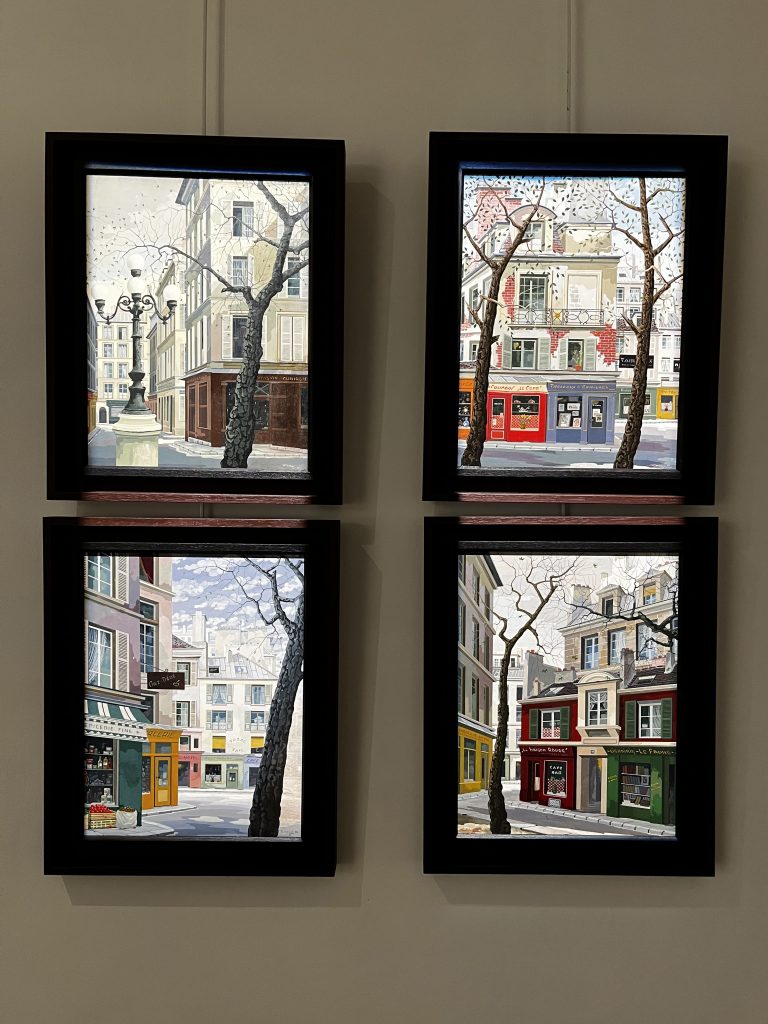
His paintings tell no stories, there is no narration; they are more like worlds or atmospheres and emotions that Racoff shows us. His works are indescribable, they don’t fit into any movement or category. They simply seek to reveal a highly personal, internal reality.
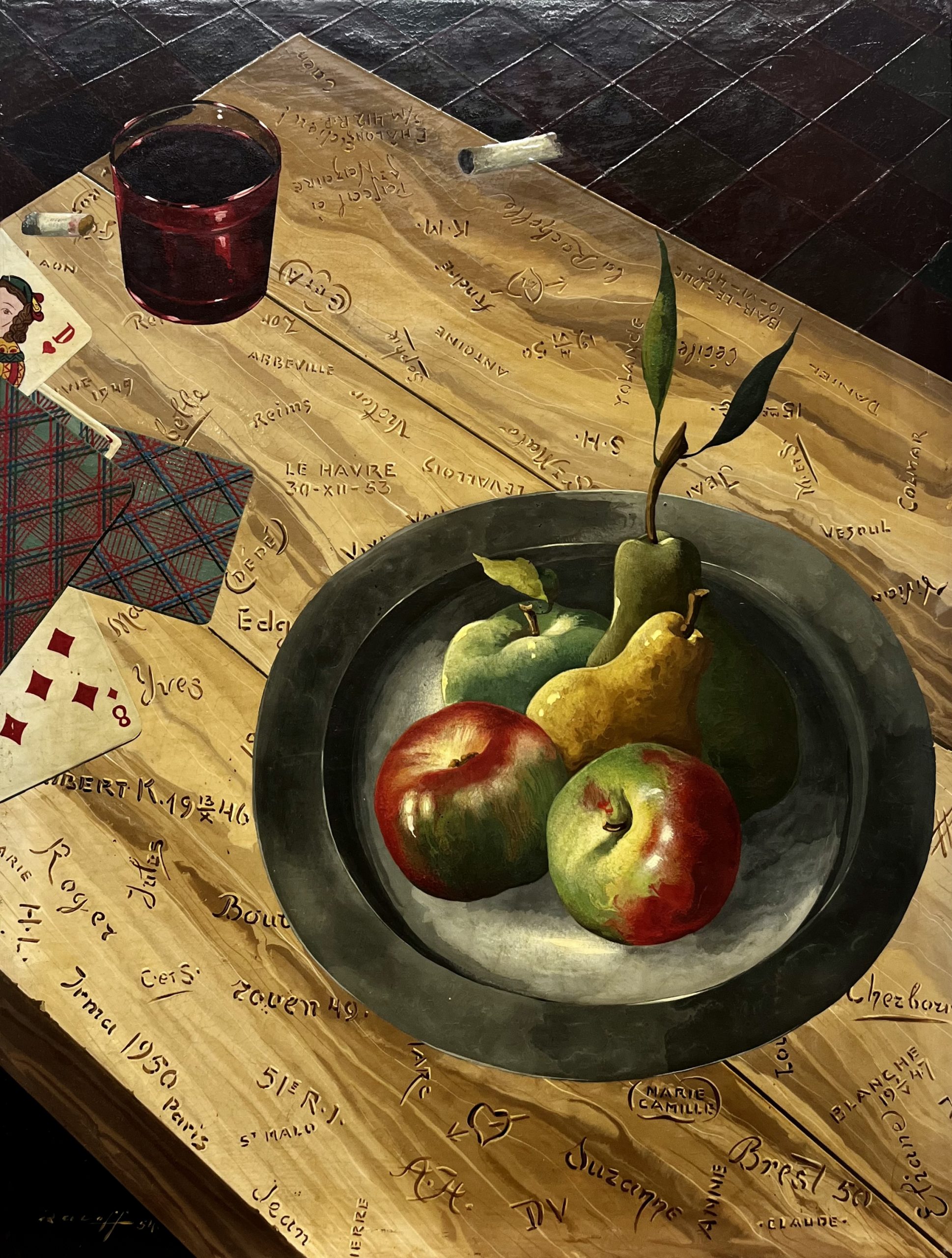 | 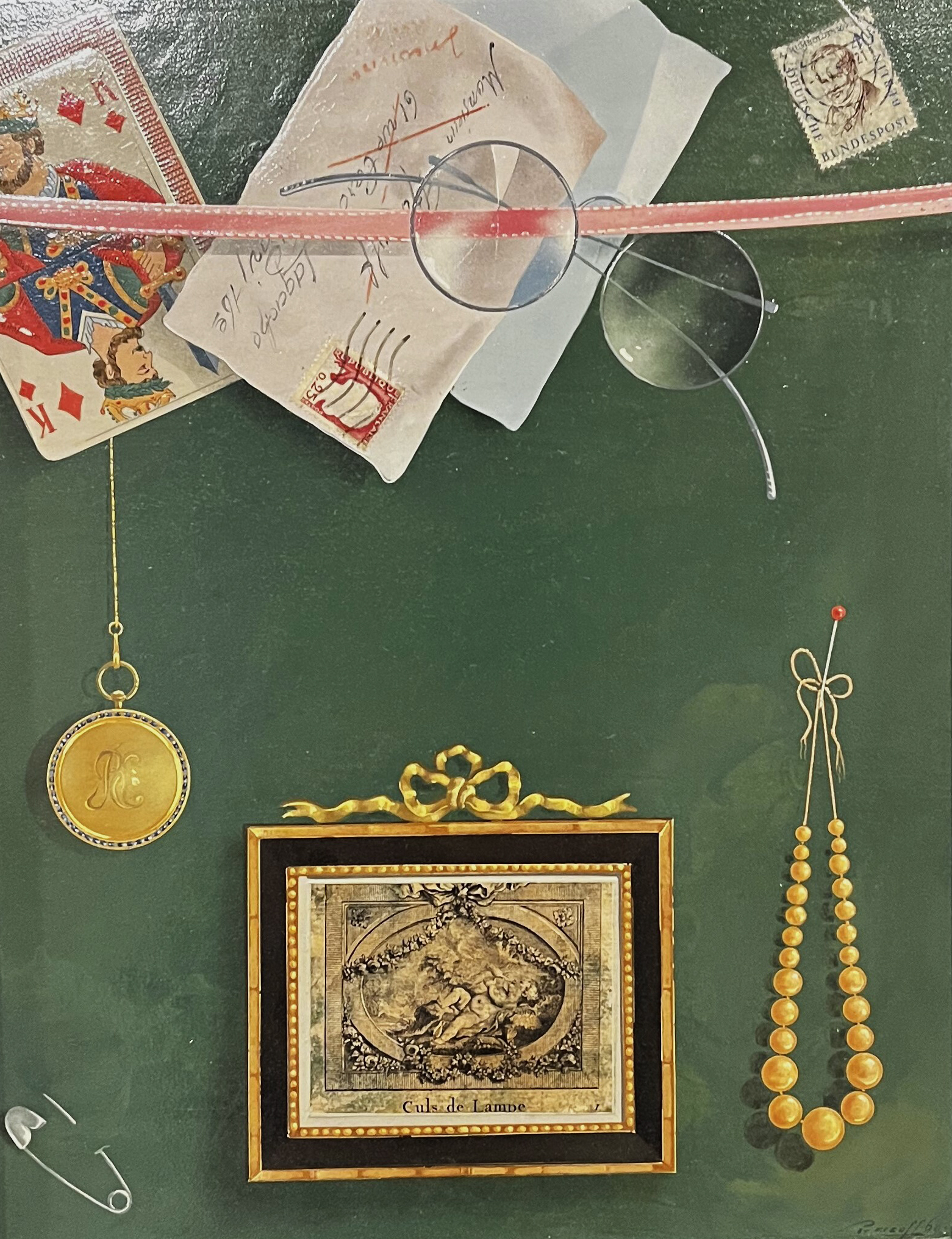 |
Unfortunately, art history has somewhat overlooked this artist who deserves to be brought to light, and the Maillol Museum in Banyuls-sur-Mer is delighted to participate in this wonderful rediscovery.
Find out more about our current exhibtion : Andres Serrano. Portraits of America
DISCOVERMentions légales | CGU | Données personnelles | Gestion des cookies
Musée Maillol, 2021
Mentions légales | CGU | Données personnelles | Gestion des cookies
Musée Maillol, 2021